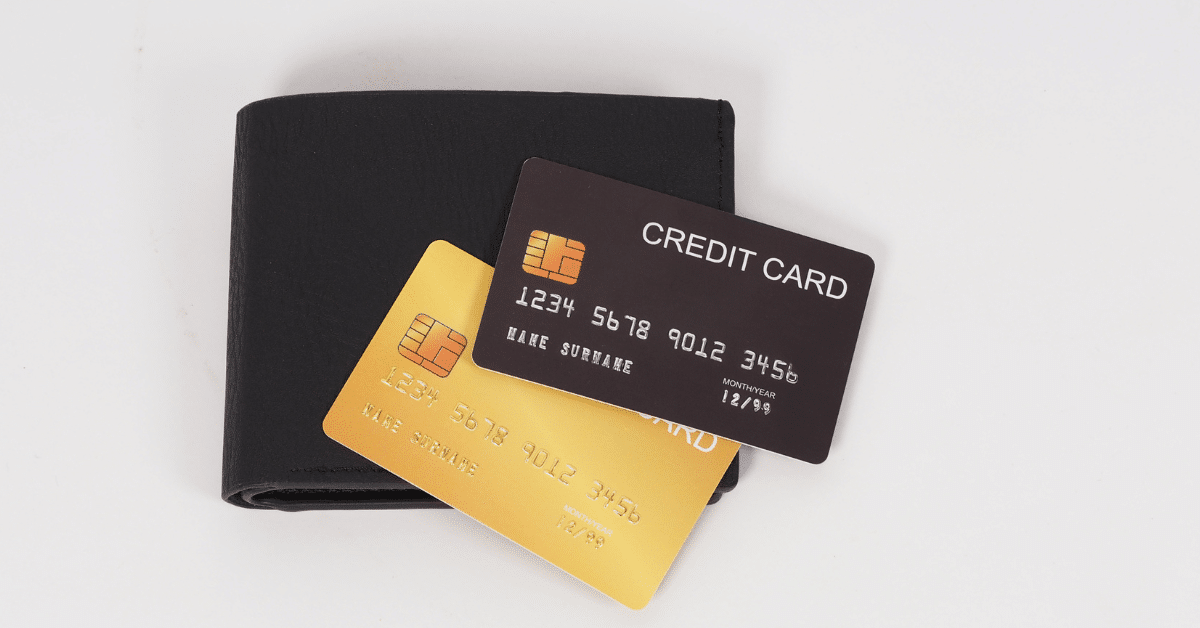A credit card is a financial instrument that allows you to borrow money from a lender to make purchases or withdraw cash. When you use a credit card, you are borrowing money from the credit card issuer, and you are required to pay back the borrowed amount plus interest. Credit cards typically have a credit limit, which is the maximum amount that you can borrow at any given time.
A debit card, on the other hand, is linked to a checking or savings account at a financial institution. When you use a debit card, the money is transferred from your account to the merchant. Debit cards do not allow you to borrow money, so you can only spend the amount of money that you have in your account.

Advantages and disadvantages of credit cards over debit cards:
Advantages of credit cards over debit cards:
- Credit cards offer more protection against fraud and unauthorized charges. If your credit card is stolen or used without your permission, you can dispute the charges and get a refund. This is not the case with debit cards, as the money is taken directly from your bank account and may be more difficult to recover.
- Credit cards can help you build credit. If you use your credit card responsibly and pay your bills on time, it can help improve your credit score. This can be beneficial when you want to apply for a mortgage or a car loan, as lenders often consider your credit score when deciding whether to approve your application.
- Credit cards offer rewards and benefits. Many credit cards offer rewards programs, such as cash back, points, or miles, which can be redeemed for travel, merchandise, or other perks. Some credit cards also offer additional benefits, such as extended warranties, price protection, and travel insurance.
Disadvantages of credit cards:
- Credit cards can lead to debt. If you don’t pay off your balance in full each month, you’ll accrue interest on your unpaid balance. This can quickly add up and result in significant debt.
- Credit cards can have high fees. Some credit cards charge annual fees, balance transfer fees, and other fees that can add up over time.
- Credit cards may have higher interest rates. If you carry a balance on your credit card, you’ll be charged interest on your unpaid balance. Credit card interest rates can be quite high, especially if you have poor credit.
Differences between a credit card and a debit card:
| Basis | Credit Cards | Debit Cards |
| Meaning | Credit cards are issued by banks and financial institutions, and allow users to borrow money up to a certain limit. | Debit cards, on the other hand, are linked to a user’s checking or savings account and allow users to spend money that they already have. |
| Benefits | Credit cards typically come with a variety of features, such as rewards programs, cashback offers, and travel insurance. | Debit cards generally do not offer these types of perks. |
| Repayment | Credit card users are required to pay back the borrowed money, plus interest, on a regular basis. | Debit card users do not have to worry about paying back money since they are only spending money that they already have. |
| Protection | Credit cards offer greater protection for consumers in the event of fraud or unauthorized charges. | Debit cards offer less protection, since the money is taken directly from the user’s account. |
| Credit score | Credit cards can help build a person’s credit history and credit score. | Debit cards do not have an impact on credit. |
Read More: Does It Hurt To Have A Credit Card And Not Use It?
Bottom Line:
Overall, credit cards can be a useful financial tool if used responsibly, but they can also be risky if you’re not careful. Debit cards, on the other hand, are generally safer, as they allow you to spend only the money you have in your bank account. However, they don’t offer the same level of protection against fraud or the ability to build credit.
